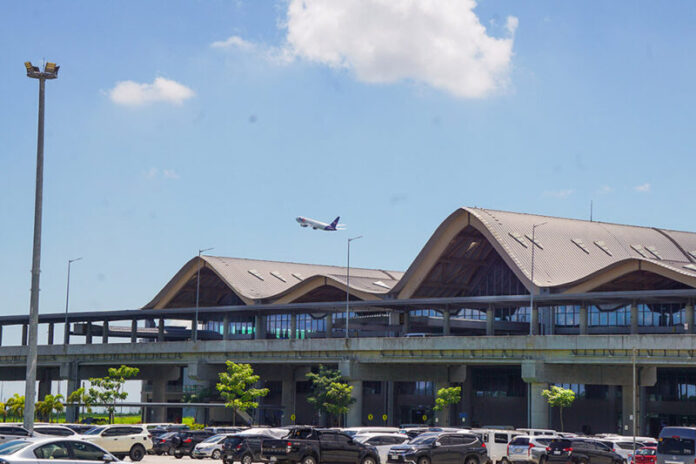
-
The Bases Conversion and Development Authority has endorsed three key projects for inclusion in the Luzon Economic Corridor
-
These are the Subic-Clark Railway Project, expansion of the Clark International Airport, and development of the Clark National Food Hub
-
The projects have been offered to American and Japanese investors as part of the Group of Seven Partnership for Global Infrastructure and Investment
-
The Luzon Economic Corridor will facilitate connectivity between Subic Bay, Clark, Manila and Batangas
The Bases Conversion and Development Authority (BCDA) has endorsed three key projects for inclusion in the Luzon Economic Corridor to boost economic development in the region.
These are the Subic-Clark Railway Project (SCRP), expansion of the Clark International Airport, and the development of the Clark National Food Hub.
The Luzon Economic Corridor is designed to facilitate connectivity between key economic hubs Subic Bay, Clark, Manila, and Batangas.
The projects have been offered to American and Japanese investors as part of the Group of Seven (G7) Partnership for Global Infrastructure and Investment (PGII).
The G7 PGII initiative, which mobilizes up to US$600 billion in investments by 2027, involves strategic partnerships between the world’s largest developed economies. G7 is made up of France, Germany, Italy, Japan, the United States, the United Kingdom, and Canada.
The SCRP, in collaboration with the Department of Transportation, will establish a dedicated freight railway between the Subic Bay Freeport Zone and the Clark Freeport and Special Economic Zone to facilitate transportation between the two major economic hubs in Central Luzon.
The expansion of the Clark International Airport, on the other hand, will involve construction of a second runway, taxiways, aprons, and other essential facilities to accommodate growing demand from major logistics firms operating in the region.
Additionally, the development of the 64-hectare Clark National Food Hub by BCDA subsidiary, Clark International Airport Corporation, aims to position the Philippines as a leading agricultural resource hub in the region and beyond.
BCDA president and CEO Joshua Bingcang expressed optimism about the realization of the vision for Clark metropolis as Asia’s next investment hub.
“We are confident that the inclusion of SCRP, expansion of Clark International Airport, and the Clark National Food Hub in the proposed Luzon Economic Corridor will help us accelerate the implementation of these game-changing infrastructure projects, not just for the country but for the whole Indo-Pacific region,” Bingcang said in a statement.
In a joint vision statement released by the White House on April 11, Philippine President Ferdinand Marcos Jr., US President Joe Biden, and Japanese Prime Minister Fumio Kishida highlighted the commitment of the three countries to accelerate coordinated investments in high-impact infrastructure projects, including the Luzon Economic Corridor.
READ: US, Japan, PH to develop Luzon Economic Corridor
DOTr to seek ok for higher cost of stalled railway projects
750-ha civil aviation complex part of Clark airport masterplan




